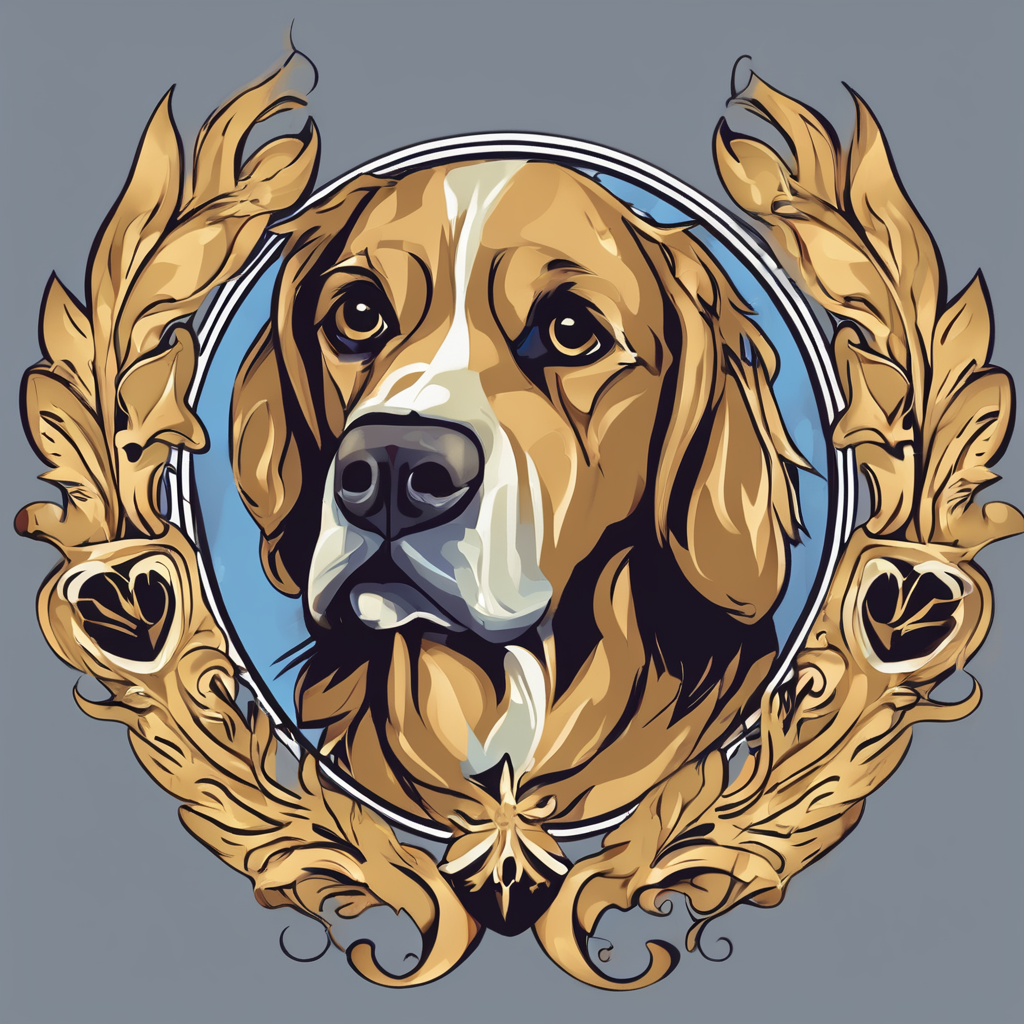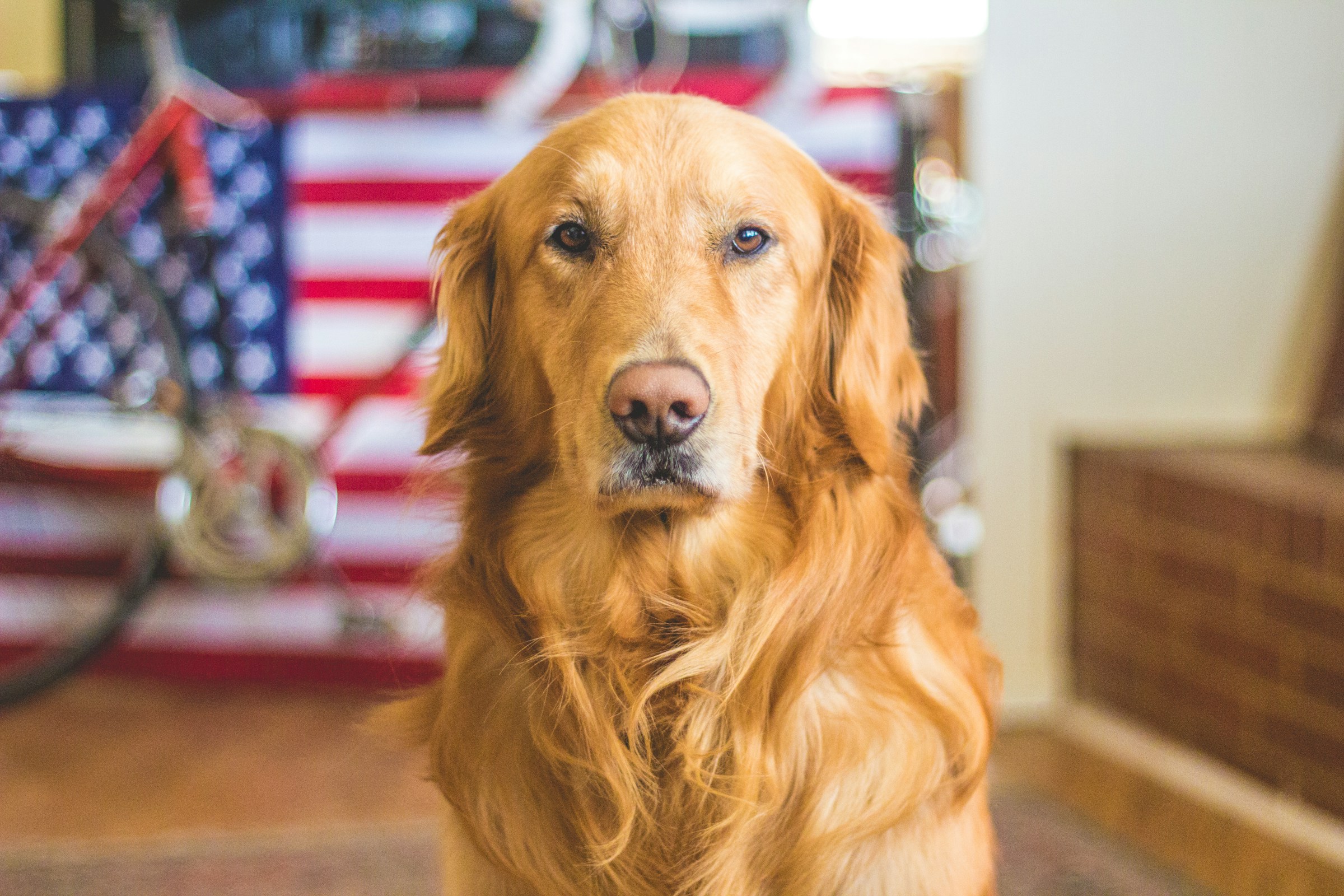Cavalier King Charles Spaniels are charming companions, but their love for food can lead to weight challenges. Keeping them slim and healthy is essential for their well-being. Simple diet adjustments, regular exercise, and mental stimulation can vastly improve their health. This guide will provide practical strategies to ensure your furry friend maintains a healthy weight while enjoying a fulfilling life. Discover how to nurture your Cavalier's health without sacrificing the joy they bring to your home.
Understanding Cavalier King Charles Spaniel Health Needs
Cavalier King Charles Spaniels are cherished for their affectionate nature and charming appearance, but they also have distinct health needs. Understanding these needs is crucial for ensuring a long and healthy life for your pet.
A lire également : The Ultimate Guide to Selecting the Perfect Harness Size and Style for Your French Bulldog
Common Health Issues
This breed is prone to specific health issues, such as heart conditions like mitral valve disease, which affects blood flow and can lead to heart failure. Regular veterinary check-ups are essential to monitor and manage these conditions effectively.
Breed-Specific Dietary Requirements
Diet plays a significant role in maintaining Cavalier King Charles Spaniel health. Their diet should be rich in nutrients that support heart health, such as omega-3 fatty acids. Consulting with a veterinarian can help tailor a diet plan that meets the breed-specific needs of your pet.
A lire aussi : The Ultimate Guide to Selecting the Perfect Harness Size and Style for Your French Bulldog
Recognizing Signs of Obesity
Obesity is a prevalent issue that can exacerbate existing health problems. Signs of obesity include difficulty in feeling the ribs and a lack of a waistline. Maintaining a healthy weight through a balanced diet and regular exercise is vital to prevent related health risks.
Being proactive about your Cavalier King Charles Spaniel's health can make a significant difference in their quality of life.
Nutritional Guidelines for a Healthy Diet
Ensuring your Cavalier King Charles Spaniel thrives begins with a well-planned diet. Understanding the specifics of this breed's dietary needs helps in choosing the right food and maintaining a balanced lifestyle.
Choosing the Right Dog Food
Selecting the ideal dog food for your Cavalier King Charles Spaniel involves looking for quality ingredients. Opt for foods rich in omega-3 fatty acids and antioxidants, which support heart health. Avoid fillers like corn and soy, which offer little nutritional value. Consulting with a veterinarian can guide you in selecting the most suitable healthy dog food for your pet.
Importance of Balanced Nutrition
A balanced diet is crucial for the overall health of your Cavalier King Charles Spaniel. Ensure their meals include a mix of proteins, carbohydrates, and fats, along with essential vitamins and minerals. This balance not only supports their heart health but also boosts their immune system and energy levels. Regular monitoring of their diet ensures they receive all necessary nutrients.
Portion Control Techniques
Maintaining the right portion sizes is essential to prevent obesity. Establish a recommended feeding schedule, distributing meals evenly throughout the day. Use measuring cups to ensure accurate portion sizes, tailored to your dog's age, weight, and activity level. Be mindful of treats, as they contribute to the overall caloric intake and can lead to weight gain if not controlled.
Exercise Recommendations for Weight Management
For a Cavalier King Charles Spaniel, maintaining a healthy weight is vital, and regular physical activity plays a crucial role. Tailoring an exercise routine to suit their needs helps in promoting overall dog fitness and preventing obesity.
Ideal Exercise Routines
A balanced exercise plan for your Cavalier King Charles Spaniel should include daily walks and interactive play sessions. Aim for at least 30 minutes of moderate physical activity each day. This can be broken into shorter sessions to keep your pet engaged and active.
Incorporating Playtime and Socialization
Incorporating playtime into your dog's routine not only enhances fitness but also encourages socialization. Activities like fetch or tug-of-war are excellent for stimulating both body and mind. Additionally, visiting a local dog park allows your pet to interact with other dogs, fostering positive social behaviour.
Benefits of Regular Walks and Interactive Play
Regular walks are essential for maintaining a healthy weight and improving cardiovascular health. They also provide mental stimulation as your dog explores new environments. Interactive play, such as agility training or puzzle toys, enhances problem-solving skills and keeps your Cavalier King Charles Spaniel mentally sharp.
Regular Health Check-ups and Monitoring
Ensuring your Cavalier King Charles Spaniel receives consistent veterinary care is vital for maintaining their overall health. Regular health check-ups allow for early detection and management of potential issues.
Importance of Routine Vet Visits
Routine vet visits are essential for comprehensive pet wellness. These check-ups typically include physical examinations, vaccinations, and screenings for common breed-specific ailments. Scheduling these visits every six months helps keep your pet's health on track. Early intervention can prevent minor concerns from developing into serious health problems.
Monitoring Weight and Health Progress
Keeping an eye on your pet's weight and health progress is crucial. Use tools like pet scales and measuring tapes to track weight and body condition at home. Regularly recording these metrics provides valuable information for your vet during check-ups. This proactive approach aids in adjusting diet and exercise routines as needed.
Recognizing Signs of Health Issues
Being aware of signs that indicate health issues is part of responsible pet ownership. Look for changes in behaviour, appetite, and energy levels. If you notice symptoms like persistent coughing or unusual weight gain or loss, it's important to seek veterinary advice promptly. Early recognition and treatment can significantly improve outcomes for your Cavalier King Charles Spaniel.
Healthy Treat Alternatives and Snack Ideas
Providing your Cavalier King Charles Spaniel with healthy dog treats is an essential part of maintaining their overall well-being and dog nutrition. Choosing the right snacks can support their health while ensuring they enjoy their treats.
Low-Calorie Dog Treat Suggestions
When selecting Cavalier King Charles Spaniel snacks, opt for low-calorie options to prevent weight gain. Look for treats made from natural ingredients like sweet potatoes or carrots, which are both nutritious and low in calories. These snacks are not only tasty but also packed with vitamins and minerals beneficial for your dog's health.
Homemade Treat Recipes
Creating homemade treats allows you to control the ingredients and ensure they are suitable for your dog's dietary needs. Consider simple recipes such as baked apple slices or pumpkin bites, which are easy to prepare and provide a healthy alternative to store-bought options. These homemade treats can be tailored to include ingredients that support heart health and overall nutrition.
Incorporating Treats into a Balanced Diet
While treats are a delightful addition to your dog's diet, it's crucial to incorporate them wisely. Use treats as a reward for good behaviour or during training sessions, ensuring they do not exceed 10% of your dog's daily caloric intake. This approach helps maintain a balanced diet and prevents overfeeding. Always adjust your dog's regular meals to account for the calories from treats, keeping their nutrition in check.
Lifestyle Tips for Maintaining a Healthy Weight
Maintaining a healthy weight is crucial for your Cavalier King Charles Spaniel's overall well-being. By integrating effective dog lifestyle practices, you can ensure your pet stays fit and happy.
Creating a Daily Routine
Consistency is key in a successful weight management plan. Establish a structured daily routine that includes regular feeding times and exercise sessions. This predictability helps your dog adapt to a balanced lifestyle, reducing the risk of overeating or inactivity. Measure food portions accurately and stick to a feeding schedule to prevent weight fluctuations.
Engaging Activities to Promote Fitness
Incorporate engaging activities into your dog's routine to keep them physically active and mentally stimulated. Activities like hide and seek, obstacle courses, and interactive toys are excellent for promoting pet care and fitness. These fun exercises not only help burn calories but also strengthen the bond between you and your pet. Aim for a mix of activities to cater to your dog's interests and energy levels.
Building a Support System
Involving family members in your dog's health plan creates a supportive environment for effective weight management tips. Assign specific roles, such as feeding or walking, to ensure everyone contributes to your pet's well-being. This collective approach fosters a sense of responsibility and helps maintain consistency in your dog's care routine. Encourage family discussions about your pet's health to keep everyone informed and engaged.






